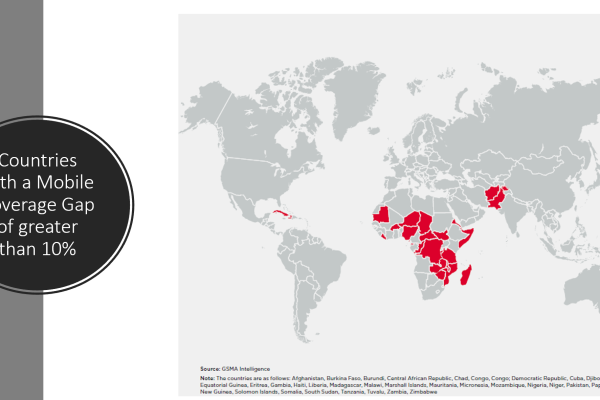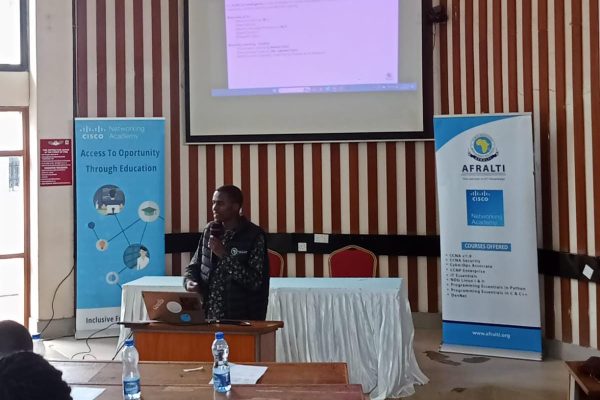
Cyber-Hygiene Awareness Creation & Capacity Development Framework for the most Vulnerable Users of ICT Technologies in Kenya
The Information and Communications Technology (ICT) Authority, in partnership with African Advanced Level Telecommunications Institute (AFRALTI), Inspire Africa Initiatives International (IAII) and the Africa Cyber Deference Forum (ACDF) Consortium conducted a baseline study to determine the level of cyber hygiene awareness to the digitally executed populations of Kenya including people with disability, to promote safer and secure access to digital services during and after COVID-19 through the development of basic cyber hygiene awareness creation and capacity building plan.
The study was sponsored by the UK Government through the Prosperity Fund Digital Access Programme (DAP)-Pillar 2: Trust and Resilience. The Digital Access Programme (DAP) objective is to catalyze affordable, inclusive, safe and secure digital access for underserved or excluded populations; and to use this as a basis for a more thriving digital ecosystem.
Cyber hygiene plays a critical role protecting individuals and organizations, but it also provides the foundations for protecting the infrastructure and user data. This importance is recognized within the state corporations as indicated by the developed national cyber security strategy which aims to improve and enhance the national cybersecurity posture and protect the nation’s digitally excluded Populations of Kenya, including People with Disability, following the changing cybersecurity landscape, especially in response to the COVID-19 pandemic and mitigating against its indirect impacts to vulnerable users and partners’ in ICT infrastructure from cyber threats. There is need for awareness creation and capacity building across the nation to ensure a holistic and integrated approach towards cyberhygiene and cybersecurity. There is also a need to build capacity not just at the systemic level, but also within institutions and among individuals for a more robust posture.
Speaking at the Sarova Stanley during the Cyber Hygiene Stakeholders forum, AFRALTI Director & CEO, Mr. William Baraza said, “As part of AFRALTI’s mandate to provide consultancy and research services in the African region, the institute used its 30 years vast experience in the study using case studies from its experience in training Cybersecurity, Information Systems Audit and Control, Strategy Development, Governance and Risk Management, while keeping up with emerging trends.”
In the short term, the project looked at the cyber security of the most vulnerable users including women, persons with disability, children and parents during the Covid-19 pandemic as the targeted immediate impact of the cyber hygiene awareness trainings. In the long haul, the trainings will result in a population of end users who are capable of protecting their privacy and securing their digital and informational assets in the cyberspace. This will help in achieving acceptable trust levels between users and organizations and consequently facilitating more collaboration and information sharing. Ultimately, a better cyber security posture in the country and a generally more secure cyberspace will be achieved.
Since Digital trust is not a technology, nor a process but an outcome exemplified by secure, transparent relationships and engagement between the enterprise and its employees, partners, and customers, the program will result in better levels of digital trust in the cyberspace. A more informed public and end users will result in this since digital trust is driven by how information and data assets are both secured and used.
The ICT Authority of Kenya is set to publish the final report on the study to the public.
Cybersecurity in Kenya



